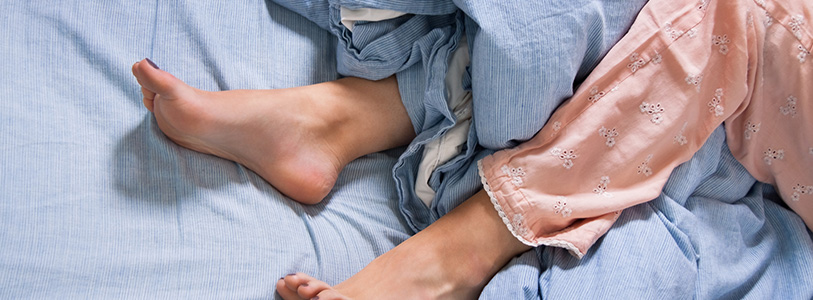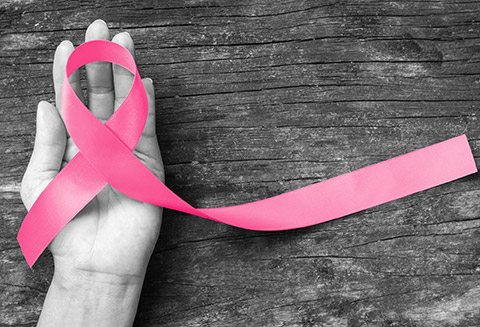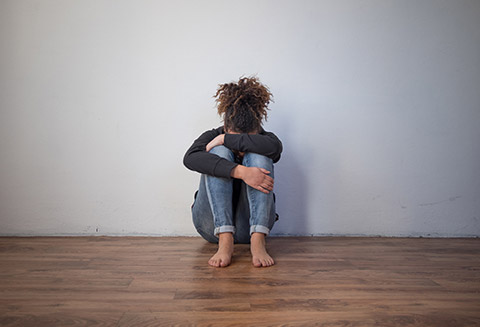Restless Leg Syndrome and sleep problems are closely linked

It usually strikes at night and gives you the jitters — literally — just as you’re ready to settle down and sleep. It often keeps you wide awake as you continually battle an irresistible urge to move your legs and cope with a series of odd sensations in them. The condition is called Restless Leg Syndrome, and it affects up to 7-10 percent of the U.S. population.
“Restless Leg Syndrome (RLS), also known as Willis-Ekbom Disease, is a nervous system disorder marked by an uncontrollable need to move the legs accompanied by any one of a number of unusual feelings such as aching, throbbing, pulling, itching, crawling or creeping,” says Dr. Deborah Cappell, a sleep medicine specialist with NewYork-Presbyterian Medical Group Westchester and Director of the Center for Sleep Medicine at NewYork-Presbyterian Lawrence Hospital in Bronxville. “These sensations can affect one side of the body, but more commonly they affect both sides, and range in severity from uncomfortable to irritating to painful.”
While RLS affects both sexes, it is more common in women. Most people with severe cases are middle-aged or seniors, but the condition can appear in young children as well. Symptoms can vary widely in severity and frequency, often causing a disruption in an individual’s sleeping pattern. Says Dr. Cappell, “In moderately severe cases where symptoms occur less frequently (such as twice a week), its effects can make it very difficult to fall asleep. In more severe cases, the interruption of sleep can be so acute, a person’s daytime functioning can be compromised, adversely affecting mood, concentration, job and school performance, and personal relationships. In extreme cases, the condition can lead to psychological disorders including depression and anxiety.”
Causes of RLS can vary
There is no one specific cause of RLS but researchers have identified factors that can play a role in its development: genetics, passed from one generation to another; certain diseases and conditions such as Parkinson’s, diabetes, iron deficiency, nerve damage and late-stage pregnancy; medications including antidepressants and antihistamines; and nicotine and alcohol usage. “In addition,” notes Dr. Cappell, “Sleep disorders such as sleep apnea can trigger symptoms of RLS or make them worse.”
RLS treatments target symptom relief
In people with mild to moderate RLS, lifestyle changes and activities may provide some relief:
- Establish good sleep hygiene: It is important to maintain a regular sleep pattern, as fatigue tends to worsen symptoms. Ideally, have a cool, quiet, comfortable sleeping environment; go to bed and rise at the same time daily; and get enough sleep, between 7 to 9 hours.
- Avoid alcohol and tobacco use: Both can act as RLS triggers and interfere with quality of sleep
- Work out regularly: Engage in moderate exercise such as aerobic and leg-stretching exercises of moderate intensity. Regular workouts promote better sleep habits.
- Avoid antihistamines: Patients with restless leg syndrome already have difficulty sleeping, but sedating antihistamines can actually exacerbate sleeplessness.
- Indulge yourself with body care: Enjoy frequent warm baths and leg messages that lead to relaxation and sleep.
In more serious cases of RLS, several prescription medications have proven effective in easing symptoms including opioids, muscle relaxants and sleep medications. Treatments must be customized to each patient and discussed with his or her physician beforehand. “Maintain a sleep diary,” advises Dr. Cappell. “Keep track of the medications and strategies that help or hinder your battle with RLS and share this information with your doctor, such that the most effective treatment plan can be developed for you.”
For more information on the Center for Sleep Medicine at NewYork-Presbyterian Lawrence Hospital, visit nyp.org/lawrence.





